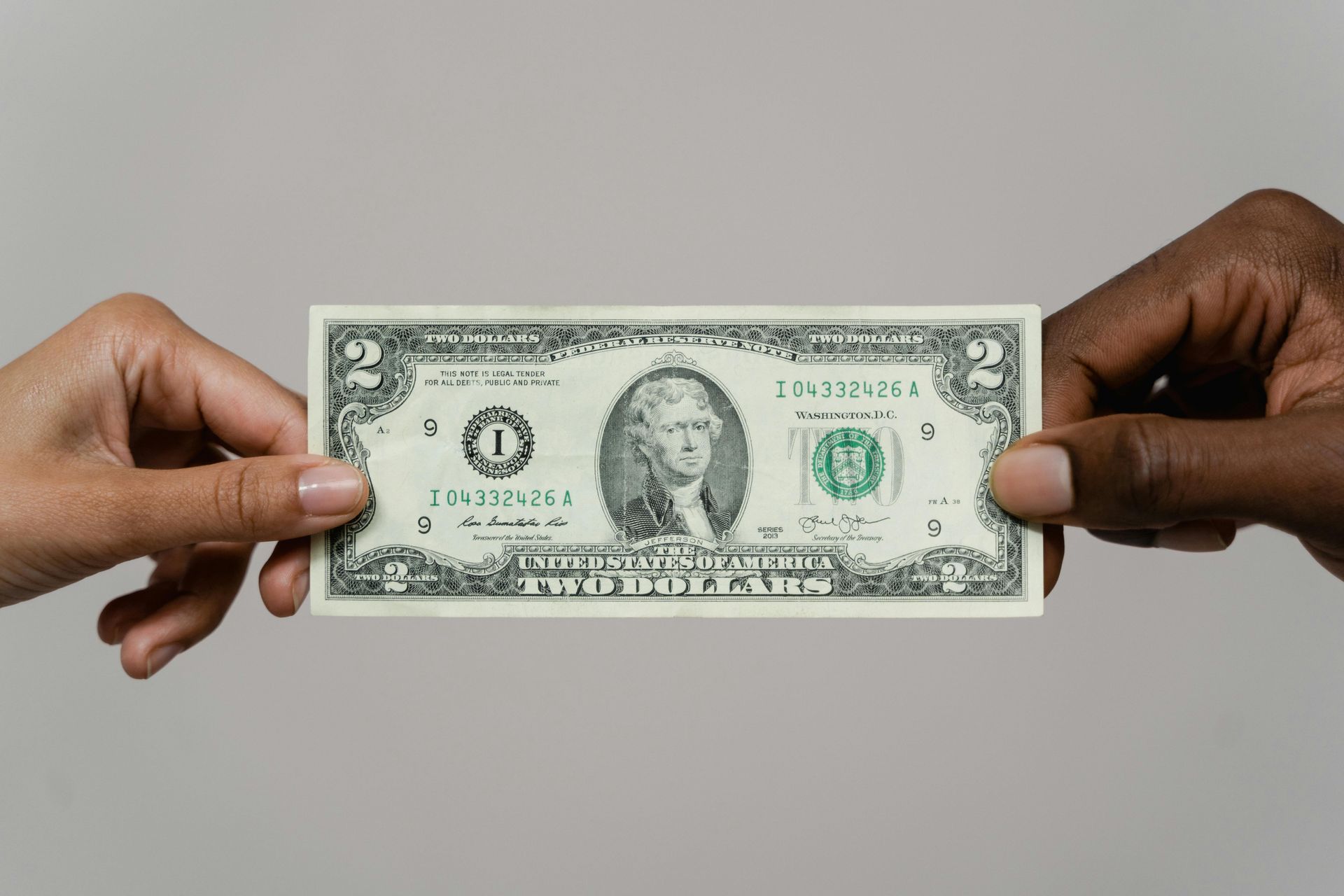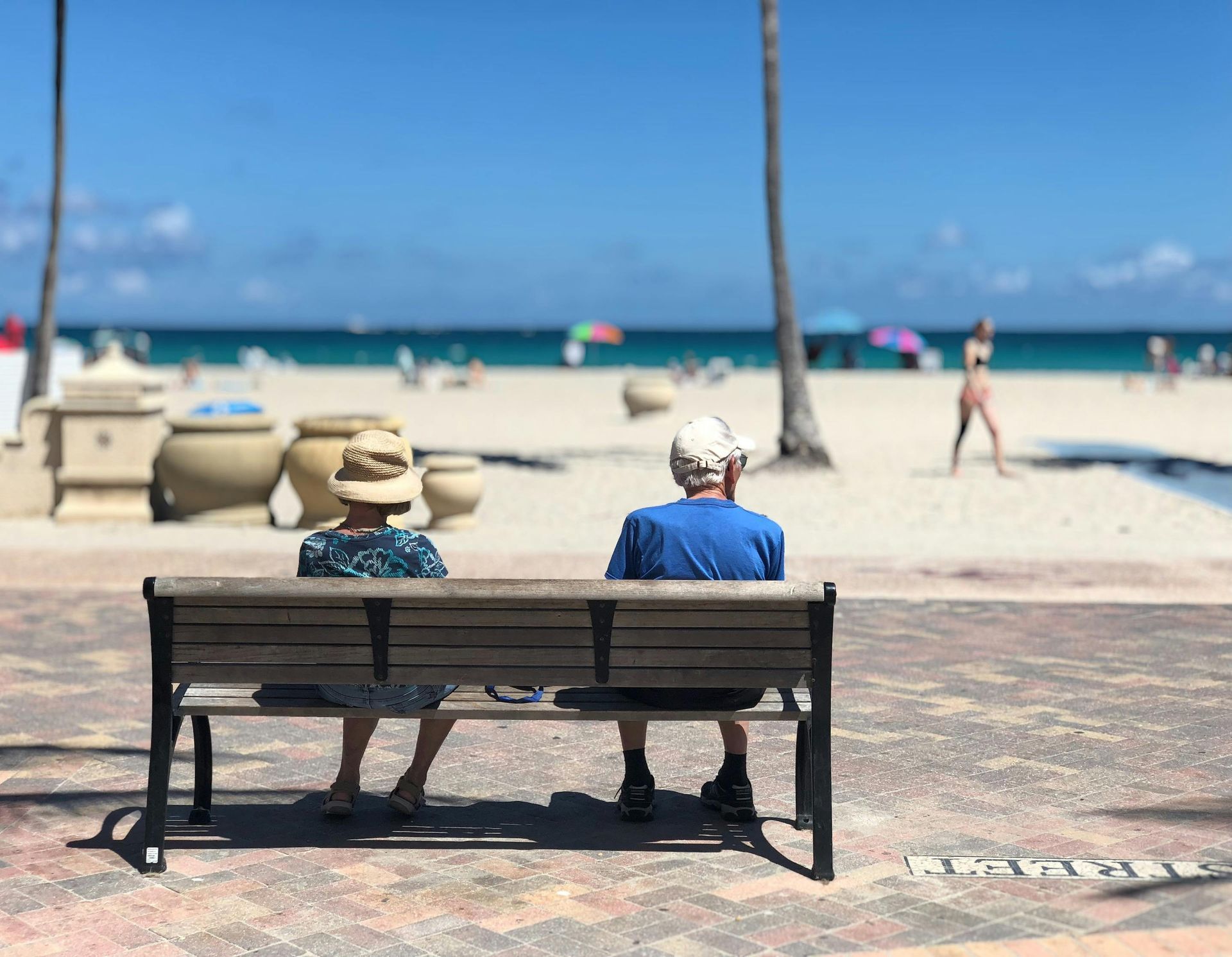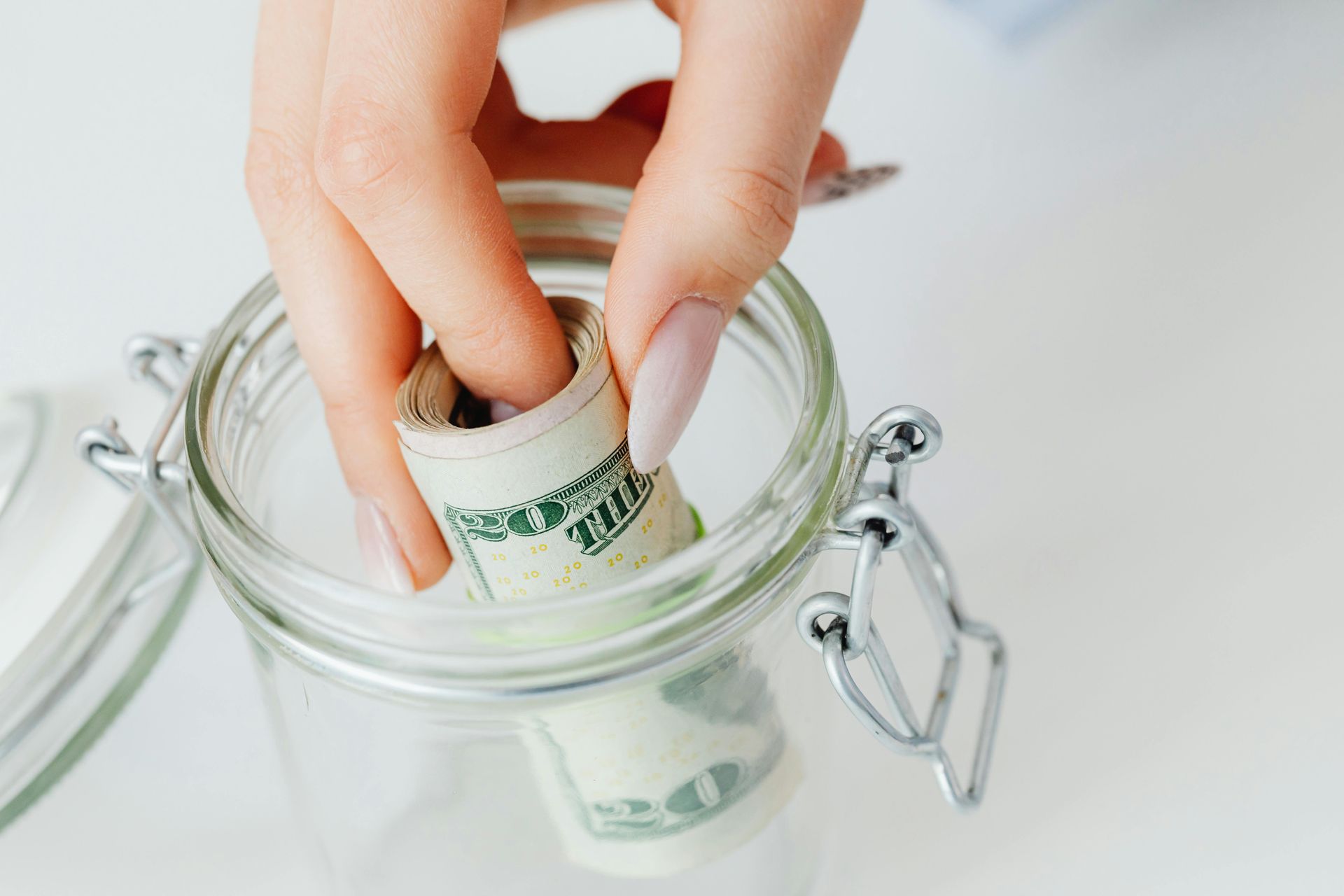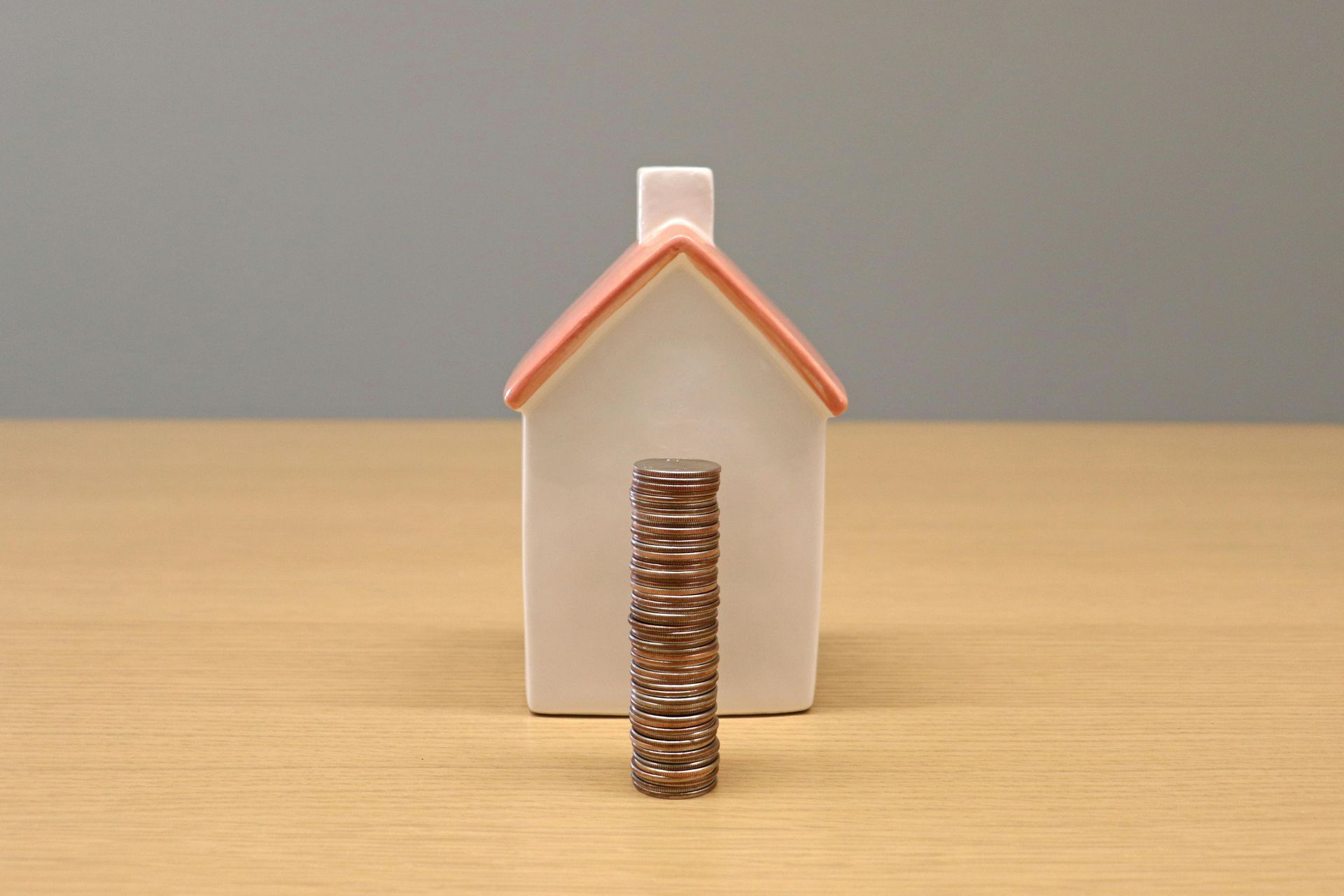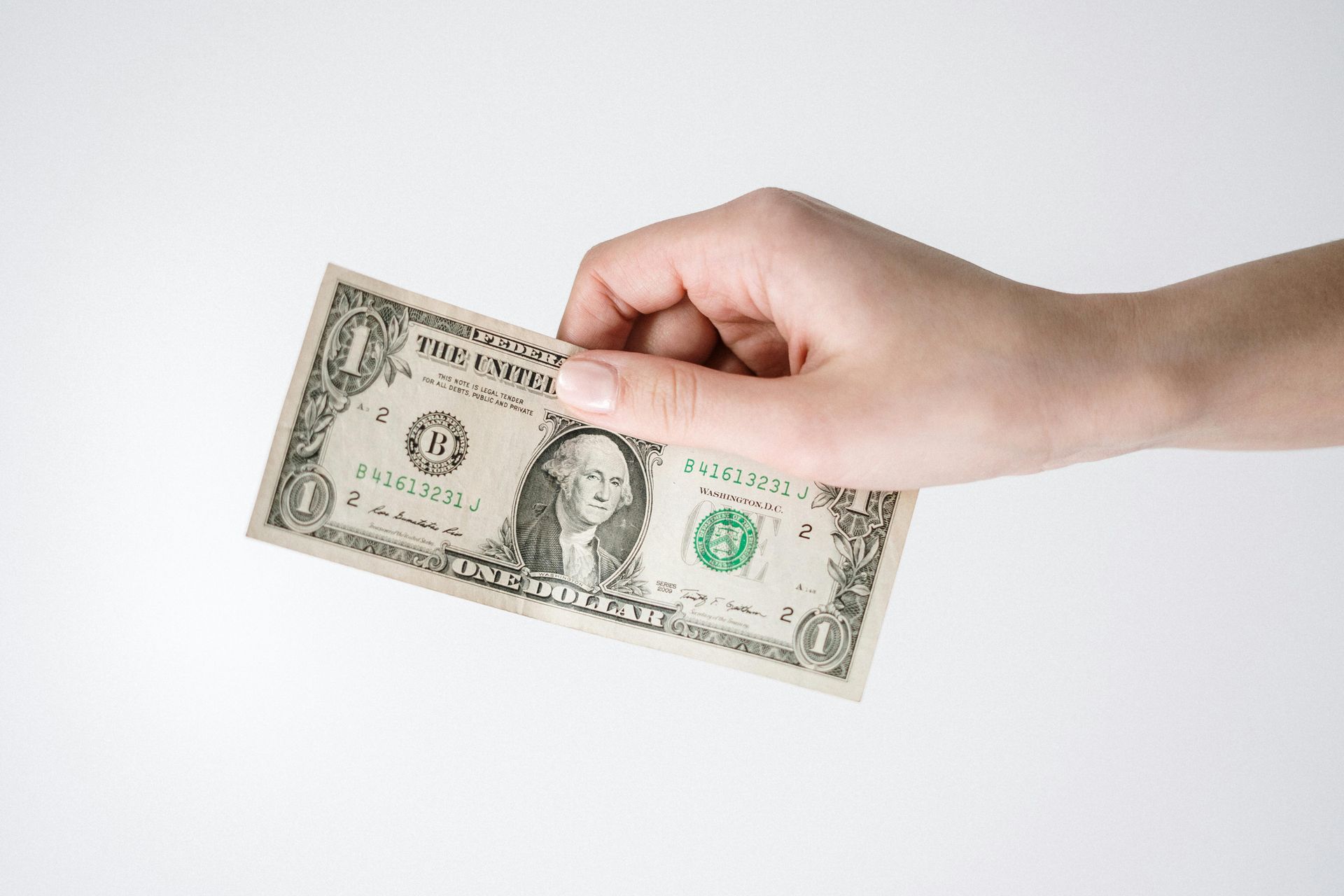Emergency Fund Importance: Are You Prepared for the Unexpected?
Your Financial Safety Net
Life is full of surprises, some good, some…not so good. From unexpected car repairs to sudden job loss, emergencies can happen to anyone, at any time. As middle-class Americans, we often work hard to make ends meet, and a sudden financial setback can feel devastating. That's why having an emergency fund isn't just a good idea—it's a must-have.
Do You Have 3-6 Months of Expenses Saved? Here's Why an Emergency Fund is a Must-Have.
Think of an emergency fund as a financial safety net. It's a readily accessible stash of cash specifically set aside to cover unexpected expenses. It's not for vacations or new gadgets; it's there to protect you when life throws you a curveball.
Why is an Emergency Fund So Important?
- Job Loss: Losing your job can be incredibly stressful, especially if you're the primary breadwinner. An emergency fund can provide a financial cushion while you search for new employment, covering essential expenses like rent/mortgage, utilities, and groceries.
- Unexpected Medical Bills: A sudden illness or injury can lead to hefty medical bills, even with insurance. An emergency fund can help you cover deductibles, co-pays, and other out-of-pocket expenses.
- Car Repairs: Cars break down. It's a fact of life. Whether it's a flat tire or a major engine problem, car repairs can be expensive. An emergency fund can prevent you from having to put these expenses on a high-interest credit card.
- Home Repairs: From a leaky roof to a broken water heater, home repairs can pop up unexpectedly and drain your finances. Having an emergency fund can help you address these issues promptly without going into debt.
- Other Unexpected Events: Life is unpredictable. You might face a family emergency, a natural disaster, or any number of unforeseen events. An emergency fund provides peace of mind knowing you have a financial buffer.
How Much Should You Save?
The general rule of thumb is to aim for 3-6 months of essential living expenses. This means calculating how much money you need each month to cover necessities like:
- Rent/Mortgage
- Utilities
- Groceries
- Transportation
- Minimum debt payments
If your job is less stable or you have dependents, aiming for the higher end of that range (6 months) is a good idea. If you have a very stable job and a strong support system, you might be comfortable with 3 months.
How to Start Building Your Emergency Fund:
Building an emergency fund can seem daunting, especially if you're starting from scratch. But even small steps can make a big difference:
- Start small: Even saving $25 or $50 a week can add up over time.
- Automate your savings: Set up automatic transfers from your checking account to a separate savings account each payday.
- Cut back on unnecessary expenses: Look for areas where you can trim your spending, like dining out less or canceling unused subscriptions.
- Sell unwanted items: Decluttering your home and selling unwanted items can provide a quick boost to your savings.
- Treat it like a non-negotiable bill: Prioritize saving for your emergency fund just like you would any other essential expense.
Where to Keep Your Emergency Fund:
Your emergency fund should be kept in a safe, easily accessible place. A high-yield savings account is a good option, as it offers a slightly higher interest rate than a traditional savings account while still providing easy access to your funds.
The Bottom Line:
An emergency fund is a crucial part of a solid financial plan. It provides a safety net for life's unexpected events, helping you avoid debt and maintain financial stability. It might take time to build, but the peace of mind it provides is invaluable. Start small, stay consistent, and you'll be well on your way to a more secure financial future.



